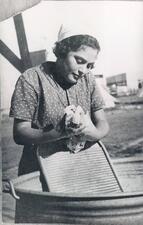
Kibbutz
Although the kibbutz was intended as an equalitarian, democratic utopia, attempts to achieve gender equality have been limited by traditional masculinities and male-controlled spheres and gender inequalities have persisted.
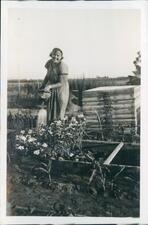
Kibbutz Ha-Dati Movement (1929-1948)
Beginning in 1929, the religious kibbutz (Kibbutz Ha-Dati) movement represented the confluence of progressive ideals of equality and collectivism and traditional customs of Judaism. As a result, women in the movement lived at a crossroads.
Killer Wife in Jewish Law and Lore
The Talmud states that if a woman is twice or thrice widowed, she is prohibited from remarrying because it is presumed that she is a killer wife and that her next husband will also die. This has been applied in post-Talmudic law, but also negated by some halakhic decisors.
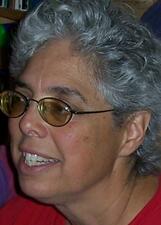
Clare Kinberg
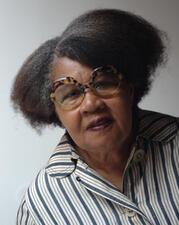
Jamaica Kincaid
Born Elaine Cynthia Potter Richardson, Jamaica Kincaid is a Jewish Afro-Caribbean author. She was sent to the United States from her birthplace in Antigua at the age of sixteen and became a writer while living in the United States.
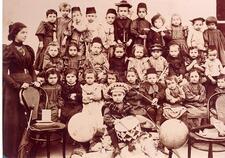
Kindergartens in Palestine: First and Second Aliyah (1882-1914)
Hebrew-language education of the youngest Jewish residents of Palestine was considered key to the continued success of the Zionist movement. The women who taught in these kindergartens, established during the First and Second Aliyah, demonstrated their dedication to the movement and became essential to its success.
Carol Weiss King
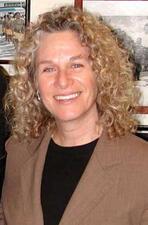
Carole King

Poppy King

Kinnim (Tractate)
Tractate Kinnim (“nest” or “birds in a nest”), the last tractate in Order Kodashim (Holy Things), deals with the smallest type of sacrifice, a pair of turtledoves or young pigeons—one nest, hence the title.
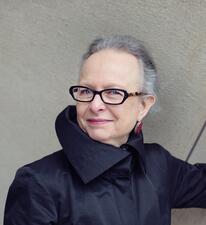
Barbara Kirshenblatt-Gimblett
Barbara Kirshenblatt-Gimblett is an American folklorist who is a scholar of Jewish cultures of Eastern Europe, North America, and Israel, museums, heritage, and tourism, as well as a curator of exhibits and documentarian. She is Chief Curator of the core exhibit of the POLIN Museum of Jewish history in Warsaw.
Ruth Kisch-Arendt
Ruth Kisch-Arendt, an Orthodox Jew, became one of Germany’s foremost performers of lieder (nineteenth–century allegorical poems set to music)through the intense period of anti-Semitism leading up to the Holocaust. After World War II, Kisch-Arendt used her talents to highlight great Jewish composers.
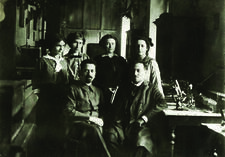
Cecilia Klaften
Cecylia Klaften, a pedagogue and a civic activist from Lvov (Galicia/Eastern Lesser Poland), implemented social reform projects and especially promoted the founding of vocational schools for women in interwar Poland. In the 1920s she was one of the founders of the Jewish Women’s Association and the WIZO Jewish Women’s Organization for Pro-Palestinian Work in Lvov. In the 1930s she was politically active for Lvov’s City Council.
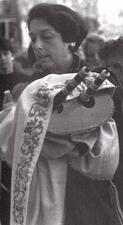
Francine Klagsbrun
Ida Klaus
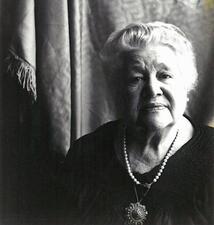
Bertha Klausner
Bertha Klausner was an influential literary agent in New York and Los Angeles. One of the earliest female literary agents, she represented major writers and cultural figures throughout the twentieth century.
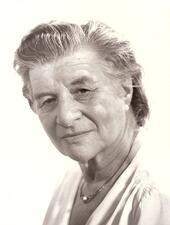
Margot Klausner
Margot Klausner was co-founder and president of Israel’s major film and television studio and co-manager of the Habima Theater. She was an author, film producer, founder of the Israeli Parapsychology Society, publisher of the monthly magazine Mysterious Worlds: A Journal of Parapsychology, and a popular public speaker on theater, film, and the occult in Israel.
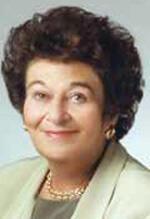
Gerda Weissmann Klein
Holocaust survivor Gerda Weissmann Klein has used her experiences to educate countless people through her books, television appearances, and motivational speaking. Among numerous other awards for her work, Klein was appointed to the United States Holocaust Commission by President Clinton in 1997, and in 2011 she was awarded the Presidential Medal of Freedom by President Obama.
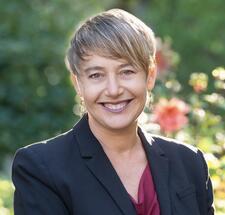
Idit Klein
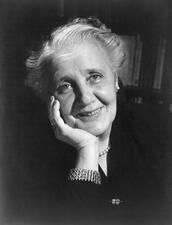
Melanie Klein
Melanie Klein was a pioneer in the psychoanalysis of children and inventor of the “play technique.” She contributed important insights regarding the treatment of individuals suffering from psychosis and personality disorders. Born to a Jewish family in Vienna at the turn of the century, she later lived and practiced in Budapest, Berlin, and London.

Zoë Klein
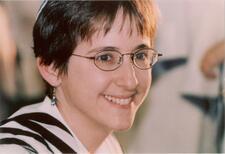
Sharon Kleinbaum
Traute Kleinova
Gertrude “Traute” Kleinová was a Czechoslovakian table tennis player. Noticed at a young age for her athletic ability, she later defeated the reigning world champion in 1935 and went to the World Championships in London. During the war, Kleinová was deported to Theresienstadt and then Auschwitz but she survived and emigrated to the United States.
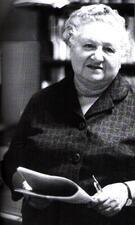
Fanny Klenerman
A lifelong rebel, a trade unionist, and a Trotskyite, Fanny Klenerman is chiefly associated with the Vanguard bookshop, an icon in left-wing circles in Johannesburg, South Africa, during the period 1931 to 1974.
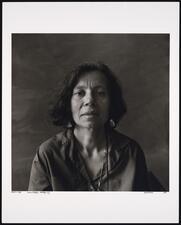
Irena Klepfisz
Irena Klepfisz is a poet whose legacy is key to the history of Jewish, American and lesbian literature. Klepfisz is also a pioneer of the recovery of Jewish and Yiddish women’s writing, to which she has dedicated translations, research, teaching, and activism.


